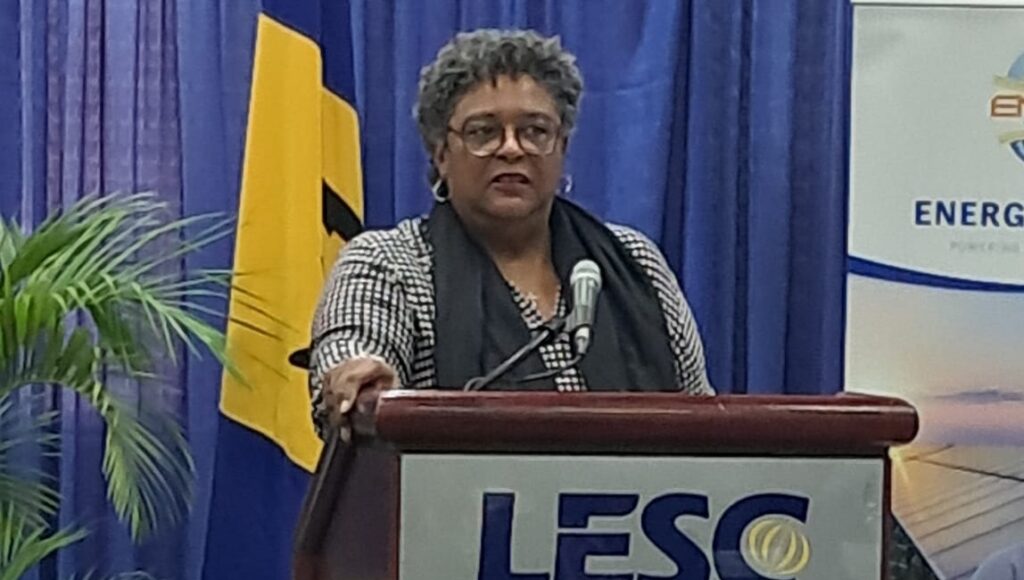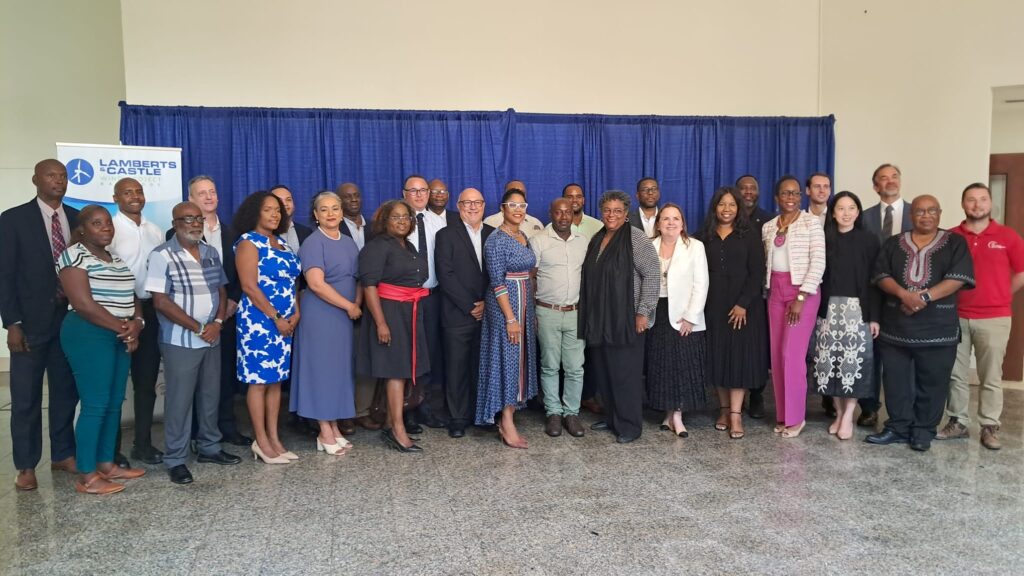Barbados is entering a period where tough but honest conversations are needed about how we prepare for retirement. For decades, the National Insurance and Social Security Service (NISSS) has been the backbone of our pension system, supporting generations of Barbadians and providing a safety net for retirees, the unemployed, and those facing unexpected hardship.
But the NISS is under pressure, not because of mismanagement or lack of effort, but because of something more difficult to control, Barbados’ ageing population.
As actuary Lisa Wade of Eckler highlighted this week, the population is getting older at a pace that threatens the future of the National Insurance Fund. People are living longer, birth rates have fallen, and fewer young workers are entering the system.
This means the number of contributors is shrinking while the number of pensioners is rising. This imbalance is placing strain on the fund. As Wade explained at the recent Eckler annual Pension Investment Conference at Hilton Barbados, even with recent improvements in the economy, economic growth alone cannot offset the financial impact of an ageing society.
No country, no matter how strong its economy, can “outperform” the reality of its population structure. This means that the NISSS will likely need additional reforms in the near future if it is to remain sustainable.
We have already seen some of these reforms being implemented. Following the 17th Actuarial Review, the government raised the pensionable age to 67 and a half by 2028, and then to 68 by 2034.
It also increased the number of weekly contributions needed to qualify for a pension from 500 weeks to 750 weeks. These changes were made to prevent the fund from being depleted between 2034 and 2041. They were not easy decisions, but they were necessary steps to protect the long-term health of the system.
As Wade reminded us, the NISSS cannot carry this burden alone. Barbadians must focus not only on strengthening the social security system, but they must also reduce their heavy reliance on it.
One of Wade’s key recommendations is to require employees to join their employers’ pension plans. This is not a new call from Wade, a respected actuary. Years ago, this was allowed, but changes in legislation removed the ability to make pension participation a condition of employment.
Today, many employees choose to opt out, often because they want a slightly bigger pay cheque each month or because they do not fully understand the long-term consequences of opting out. Unfortunately, many only realise the cost of this decision when it is too late to build a strong retirement fund.
If an employee joins a pension plan late, for example, in their 40s instead of in their 20s, they could miss decades of potential pension fund growth. In a defined contribution plan, where your benefit depends on how much you put in and how long you save, starting late can significantly reduce your pension income.
Wade argued that employees deserve protection from making decisions that might hurt them in the long run, and employers, who invest heavily in these plans, should have the authority to require participation.
She also urged the government to address the long-standing bugbear of double taxation on private pensions, especially when it comes to voluntary contributions. Making these contributions tax-free would encourage more Barbadians to save, and it would help shift some of the pension responsibility from the NISSS to individuals and employers.
This kind of policy change would strengthen NISSS by spreading the responsibility for retirement more evenly.
Securing our retirement system has to be a shared responsibility. The government has a duty to maintain a strong, sustainable national insurance system. Employers must continue to offer reliable pension plans. And workers must take a greater role in preparing for their retirement years. We cannot afford to rely on any single pillar. All three must work together.
The post Pension security is a three-way commitment appeared first on Barbados Today.


